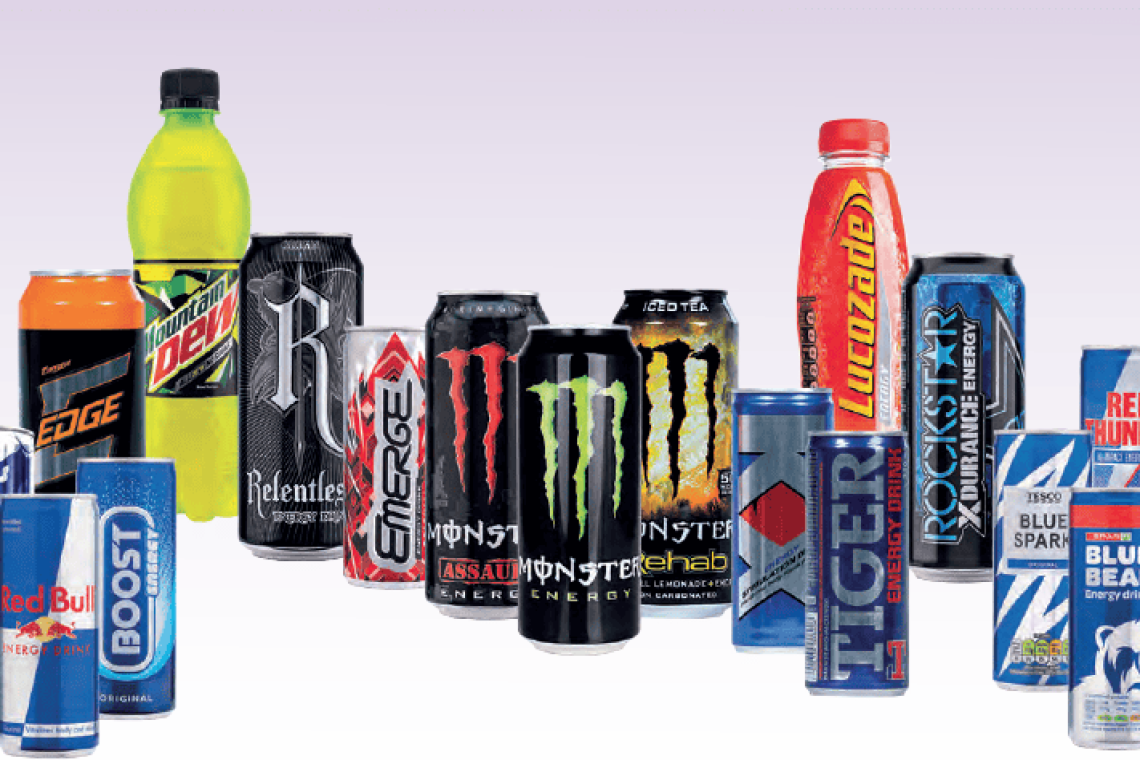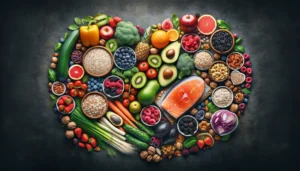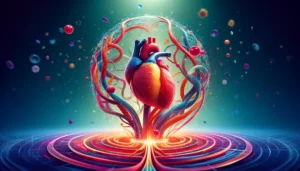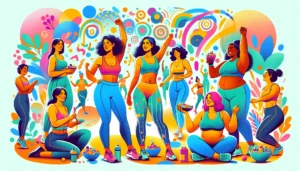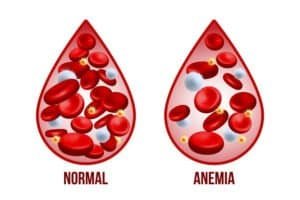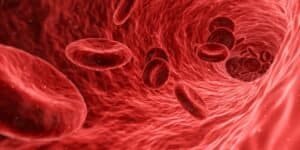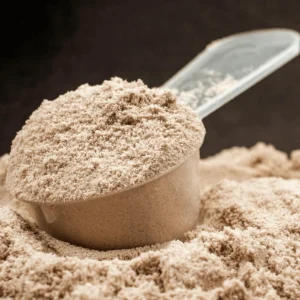Key Takeaways
| Topic | Summary |
| Health Risks | Potential increase in anxiety, heart rate & blood pressure as well as sleep disturbances. Not common, but there is a risk of cardiac arrest with overconsumption. |
| Variation | Huge variation in amount of sugar and caffeine they contain. They are hyper palatable so people, including kids, can drink a lot in one sitting. |
| Regulatory Actions | Bans in several countries and calls for regulation in Ireland, the UK and other regions |
| Alternatives | Natural energy boosters are eating a balanced diet, getting adequate sleep, and regular physical activity |
Introduction
The debate over whether energy drinks should be banned for children and individuals under the age of 18 is intensifying. Given the rising consumption among this age group and the mounting evidence of potential health risks, many health experts and regulatory bodies are advocating for stricter controls. This article explores the reasons behind these calls and the potential benefits of such a ban, particularly in the context of Ireland.
I also discuss this topic in a recent video that I posted on my YouTube channel, which you can find below.
What is an Energy Drink?
It’s a drink that typically contains large amounts of caffeine, sugar, other additives and legal stimulants. They can increase alertness, attention and energy when taken safely. They can also have a harmful effect on the nervous system, overstimulating it, increasing blood pressure, heart rate and breathing.
Health Risks of Energy Drinks
Energy drinks are notorious for their high caffeine content, which can contain as much ceffine as 3 espressos per drink, significantly more than what is found in a typical soda, tea or coffee. This high caffeine intake is linked to several health issues in children and adolescents, including:
- Sleep Disruption: Regular consumption can lead to significant sleep problems, affecting academic performance and overall well-being. Sleep is crucial for cognitive development, and consistent disruption can impair memory, concentration, and learning abilities.
- Mental Health Issues: There are many correlation studies done on energy drinks and different mental health issues. However, causation studies are not as easy to do. The stimulants in energy drinks have the potential to exacerbate underlying mental health conditions, leading to more severe symptoms.
- Physical Health Concerns: The CDC warns against dehydration, heart complications like an irregular heartbeat and heart failure as well as feeling more nervous and jittery. The sugar within them, sometimes as much as 14 tsp per drink, can contribute to weight gain and increased risk of obesity and associated conditions/ diseases.
These health issues are particularly concerning given the development stage of children and teenagers. Their bodies and brains are still growing, making them more susceptible to the adverse effects of high caffeine and sugar content found in energy drinks. Caffeine and other stimulants contained in energy drinks have no place in the diet of kids and teenagers.
Please note that there is caffeine in cola and this should not be given to young kids.
Risk of Cardiac Arrest
One of the most alarming health risks associated with energy drinks is the potential for cardiac arrest. Recent cases have highlighted the danger of consuming high-caffeine energy drinks, particularly for young people with underlying heart conditions.
Several instances of cardiac arrest have been reported following the consumption of energy drinks, raising significant concerns among health professionals. For example, there have been reports of teenagers and young adults (mid 20s) experiencing sudden cardiac arrest after consuming multiple energy drinks within a short period. The high caffeine content in these beverages can overstimulate the heart, leading to life-threatening conditions, especially in those who may have undiagnosed heart issues.
Mental Health Concerns
Recent studies have highlighted the impact of energy drinks on mental health. Young consumers are at a higher risk of experiencing anxiety, stress, and depression. Furthermore, energy drinks have been linked to risky behaviours, such as substance use and unsafe sexual practices. They are consumed alongside alcohol at times. These findings underscore the need for regulatory measures to protect this vulnerable demographic. Prolonged consumption can lead to dependency and withdrawal symptoms, further affecting mental health stability.
Regulatory Actions and Public Opinion
Countries like Lithuania and Latvia have already implemented bans on the sale of energy drinks to individuals under 18. In the UK, there have been significant movements towards similar restrictions, supported by a large segment of the public and health organisations. Despite these efforts, there has been limited legislative action, highlighting a gap between public health recommendations and policy implementation.
In Ireland, the situation mirrors the growing concerns seen globally. Research shows that Irish teens are significant consumers of energy drinks, with many using them to cope with academic pressures and social activities. The Irish government has been under increasing pressure from health advocates and parents to introduce stricter regulations. Some Irish retailers have already taken voluntary steps to restrict sales to under-16s, reflecting a proactive approach within the private sector.
Read more: A review of health effects of stimulant drinks
Impact on Irish Youth
The impact of energy drink consumption among Irish youth is multifaceted. Health professionals in Ireland report seeing a rise in health issues directly linked to these beverages, including increased visits to emergency departments for heart-related issues and mental health crises. Teachers are reporting worry over behavioural issues and lower academic performance among students who regularly consume energy drinks. The marketing strategies that appeal to young people, often associating these drinks with sports and gaming, contribute to the normalization of consumption among adolescents.
Alternatives to Energy Drinks
Parents and guardians can encourage children and teens to seek healthier alternatives to energy drinks for an energy boost and to check the energy drinks they are already consuming. Some effective strategies include:
- Balanced Diet: Ensuring a diet rich in fruits, vegetables, protein and whole grains can provide sustained energy. Nutrient-dense foods help maintain steady blood sugar levels, preventing the energy spikes and crashes associated with sugary drinks.
- Adequate Sleep: Encouraging regular sleep patterns to improve overall energy levels and focus. Establishing a bedtime routine can help children and teens get the rest they need for optimal health and performance.
- Physical Activity: Regular exercise helps in maintaining energy levels naturally and improving mood. Activities like walking, cycling, and sports can boost energy and improve overall well-being.
Promoting natural energy sources is crucial. Children and teenagers often turn to energy drinks for a quick fix, but educating them on healthier habits can have long-term benefits. For instance, drinking water infused with fruits, consuming herbal teas, and maintaining a balanced diet rich in nutrients are excellent alternatives that provide sustained energy without the harmful side effects.
Conclusion
Banning energy drinks for children and individuals under 18 could mitigate numerous physical health and mental health risks. With compelling evidence supporting these bans, it is crucial for policymakers, particularly in Ireland, to prioritise the well-being of young people by implementing stricter regulations. Regulations should be placed on what they can contain, and who can buy them. Parents and caregivers can also play a vital role by promoting healthier lifestyle choices and being aware of the potential dangers associated with energy drink consumption.
Implementing such bans and promoting healthy habits can significantly improve the physical and mental health of young people, ensuring a healthier, more productive future for the next generation.
FAQ
Should energy drinks be banned for minors?
Yes, there is strong evidence suggesting that energy drinks pose significant health risks to minors in the short and long term. Given these risks, many health experts advocate for banning energy drinks for individuals under 18 to protect their health and development.
What is bad about energy drinks for kids?
Energy drinks are detrimental to children for several reasons. The drinks vary a lot. Some contain no sugar and some contain lots of sugar (up to 14 tsp). Some contain no caffeine and some contain lots of caffeine. If they were standardised, they would be easier to manage.
Should energy drinks be marketed to children?
No, energy drinks should not be marketed to children. Marketing these drinks to a young audience can encourage consumption. It is essential to regulate advertising practices to prevent targeting children and adolescents, who are more susceptible to marketing influences.
What are the positive effects of energy drinks?
Energy drinks can temporarily boost energy levels and improve concentration due to their high caffeine content. When adults take them safely, and at appropriate times, they can have benefits in performance in sport as well as at work.
What are the pros of energy drinks?
Pros include (if taken safely by adults):
- Temporary increased energy and alertness
- Improved concentration
How and how much are two important questions to consider when looking at energy drinks.
To read more: Moderate daily intake of caffeine up to 300 mg, or the equivalent of 3 cups of coffee, usually does not pose a health concern, provided that other lifestyle habits (diet, alcohol consumption, smoking and exercise) are healthy.
However, please also keep in mind that you will be consuming caffeine through many foods and drinks including tea, coffee, colas, green tea and chocolate.
Are energy drinks bad for you?
Yes, especially for children and teenagers. Energy drinks can contain high levels of caffeine and sugar, which can lead to numerous health issues both in the short and long term.
Do energy drinks target kids?
Yes, many energy drink companies target kids through advertising associated with gaming, sports, and other youth activities. This marketing strategy increases the likelihood of consumption among young people, despite the associated health risks.
Why is Ghost energy drink 18+?
Ghost energy drink is labelled 18+ due to its high caffeine content (200mg per can), which can be harmful to younger individuals. This age restriction aims to prevent health issues related to caffeine consumption in children and teenagers.
Their own caution: This Product is only intended for healthy adults. 18 Years of age or older. Do not consume if you are sensitive to caffeine, or in combination with caffeine or stimulants from other sources. Too much caffeine may cause nervousness, irritability, sleeplessness, and occasional rapid heart beat. Not for use by woman who are pregnant, nursing, or trying to become pregnant. Consult a licensed qualified health professional before consuming this product. Do not use if you are taking any prescription drug and/or have any medical condition.
What is the age limit for energy drinks in Ireland?
There is currently no official age limit for energy drinks in Ireland, but many retailers voluntarily restrict sales to under-16s. There is increasing pressure on the government to implement stricter regulations to protect young consumers.
Is Lucozade ok for kids?
While Lucozade has lower caffeine levels compared to energy drinks, it still can contain sugar and is best consumed in moderation by children. It is generally better to offer healthier alternatives like water or milk.
From their website:
All of our Lucozade Energy drinks contain approximately 12mg of caffeine per 100ml. The caffeine content varies slightly for the different flavours.
Lucozade Energy is not adequate for children under 3 as it contains approximately 12mg of caffeine per 100ml.
Can a kid have 1 energy drink?
It is not advisable for kids to have even one energy drink due to the high levels of caffeine and sugar, which can have adverse health effects. I regularly see kids having cola/ coke which also provides caffeine. This should be avoided too.
Is Red Bull ok for kids or teenagers?
No, Red Bull and other energy drinks are not suitable kids and teenagers due to their high caffeine. They also can provide sugar. One 250-ml can of Red Bull Energy Drink contains 80 mg of caffeine.

